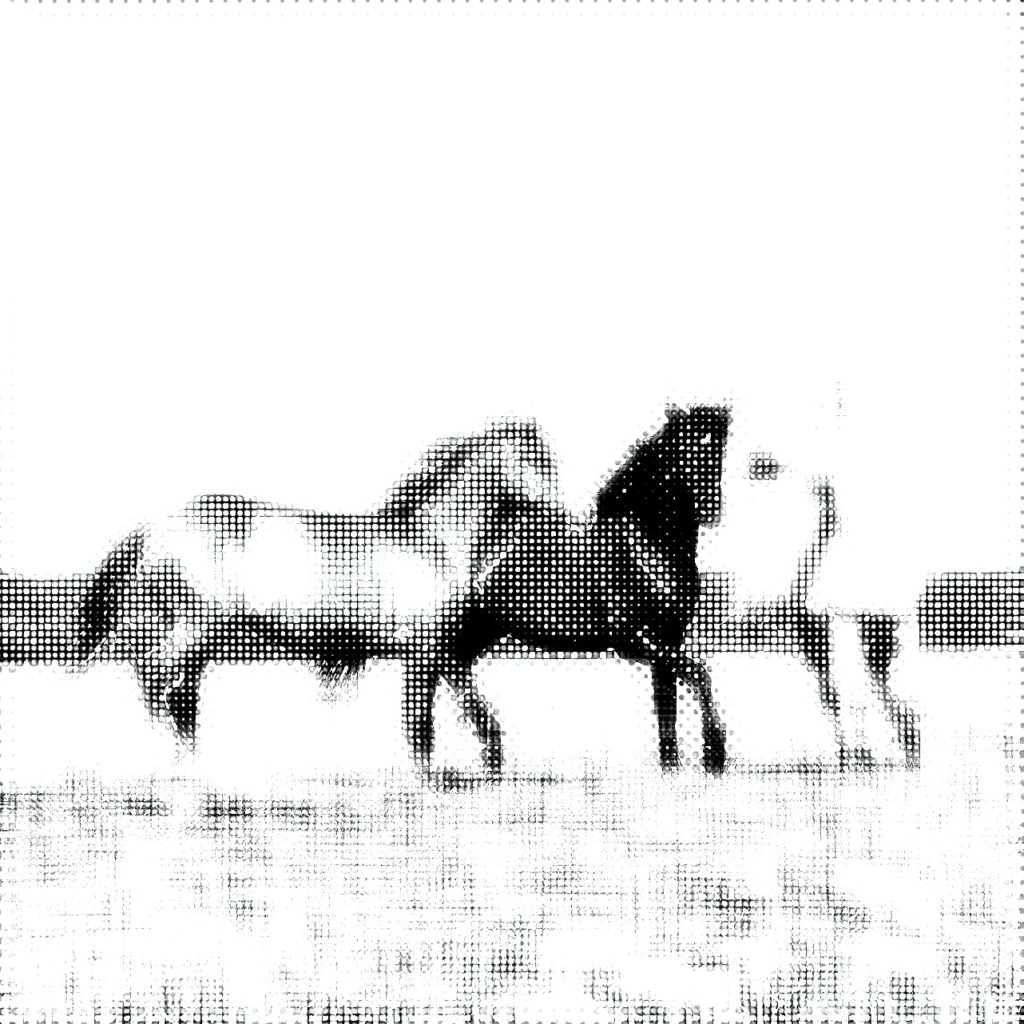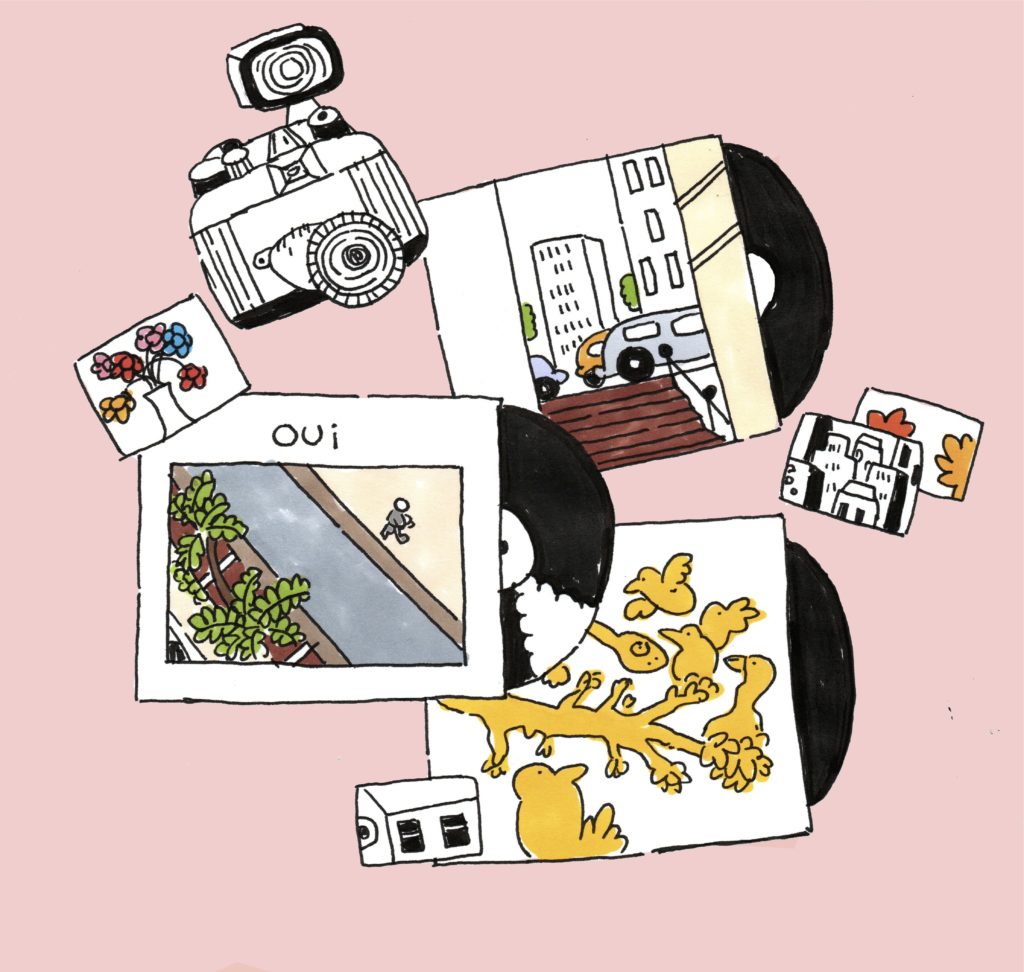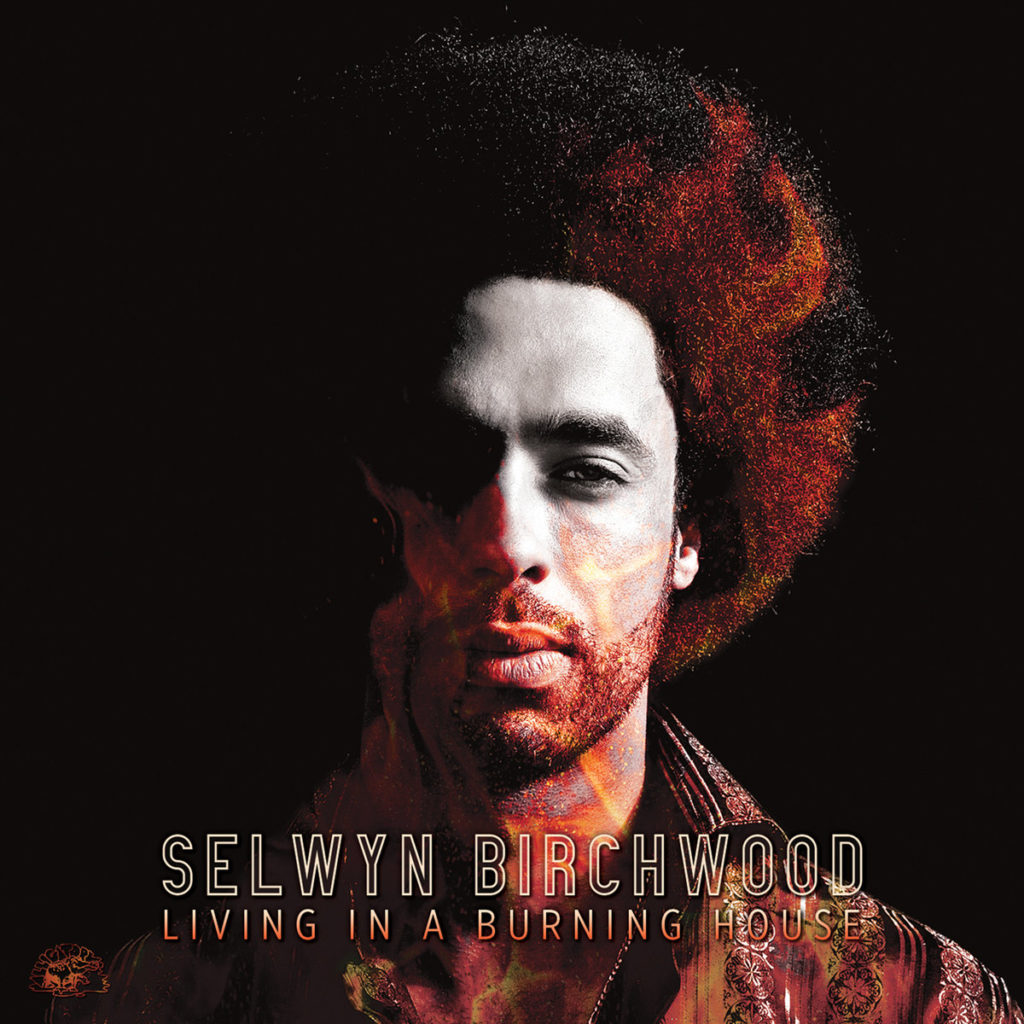
Kids Without Horses
by Jennifer Spiegel
“Kids Without Horses” was originally a short fictional story that appeared in The Gettysburg Review in the summer of 2006. For years now, I’ve wanted to write the DEFINITIVE piece on my complicated relationship with my mother. (When I say “definitive,” I mean “definitive for me.”) That original story was actually pretty good, and I didn’t include it in my first book—The Freak Chronicles—because, I think, I had other intentions, even then. I pictured a novel by the same title. The original was a barely fictionalized account of our 2003 trip to Ireland for my friends’ fantastic destination wedding (Bob and Julie!). My dad had died in 2002, and we were venturing out. Later, I wanted to turn it into a novel, envisioning myself as some kind of David Sedaris/Elena Ferrante/Oversharing Writer-Maverick, tackling a difficult relationship. I tried a few times, and failed. Problems persisted. The Biggest Problem: She’s No Tim. My husband really lets me go wild; I’ll say whatever. Tim blows my prose off. Rolls his eyes. Shrugs. Can I do that to my mother, though? Can she handle my unruly prose—uncensored? I’m left with this . . . The new “Kids Without Horses.”







